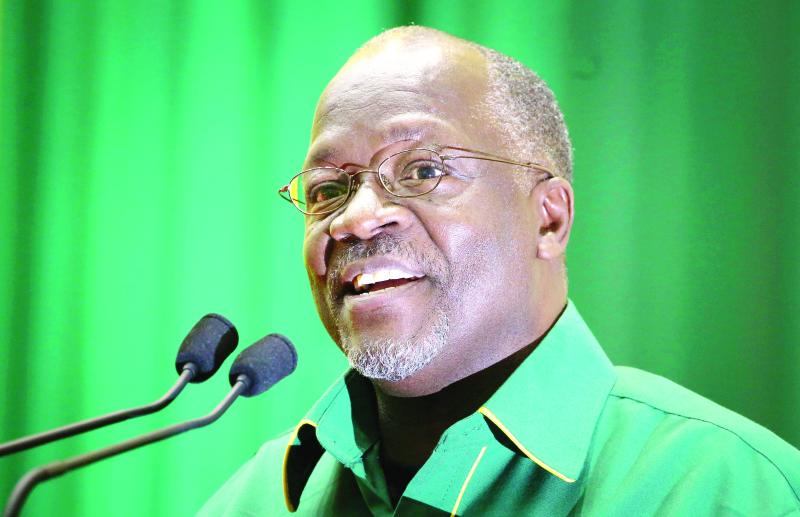×
The Standard e-Paper
Smart Minds Choose Us

As the Tanzanian Presidential race hits the homestretch, fifteen candidates have been cleared by the National Electoral Commission (NEC) to run for the top seat.
However, the election slated for Wednesday, October 28, 2020, is likely to be a two-horse race, a battle between political foes, the incumbent John Magufuli and Chadema’s Tundu Lissu.